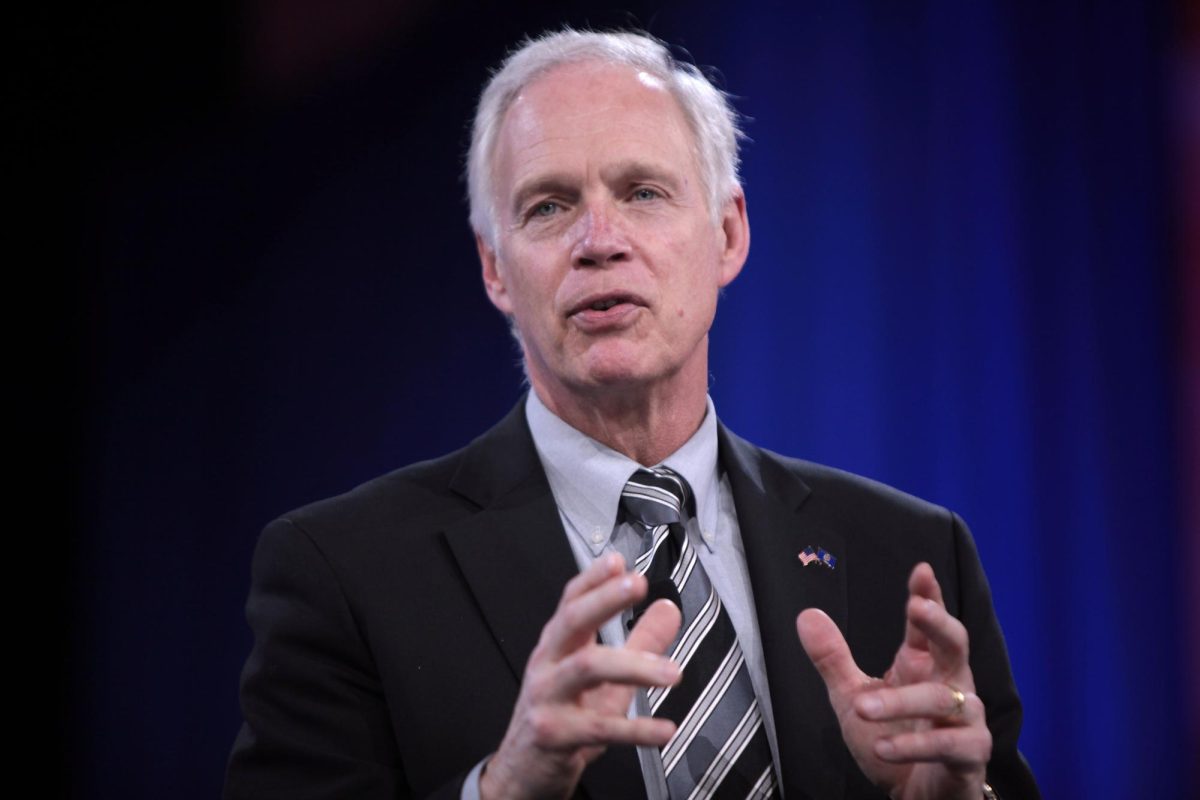A new UW Oshkosh survey shows that psychology and engineering students here want smaller class sizes and more interactions with professors.
Administered by UW Oshkosh psychology professor Justyna Olszewska, the survey’s goal was to get students’ thoughts on what they find important in a university.
”Getting this hands-on experience and mentorship from professors in higher-level courses is so essential and should be recognized as such,” said Lorena Reid, a psychology student.
Other students expressed frustration about larger class sizes and how isolating they can feel.
“When I took a biology course a couple years ago in a large lecture hall, it felt impossible to ask questions,” Reid said. “If questions were truly encouraged for a class of that size, it would be difficult to get through lectures and cover the required content. (Also) it is extremely uncomfortable for most people to ask questions and engage with the content in that kind of environment.”
Psychology major Lexy Gorges added that it’s difficult to reach out to professors in large classes.
“(My professor) mentioned, like, ‘no one really reaches out, so I’m glad you reached out’ and she asked like ‘Why do you think (no one reaches out)?’” Gorges said. “Well, maybe every student feels the same, like, ‘Why am I special? Why do I need extra help when everyone else is going through the same thing?’”
Some students said they fear that class sizes will begin to increase due to UWO’s projected $18 million deficit.
Anne Stevens, dean of the College of Letters and Science (COLS), said minimum class sizes will not be increasing, but the minimum will be enforced more strictly than before.
“We will not be able to allow as many low enrolled sections to run as we have in the past, because every low enrolled class increases our deficit,” Stevens said. She defined a “low enrolled section” as a class of 15 students or fewer for undergraduate courses; according to Stevens, this is the minimum number of students required to cover the instructional payroll.
Stevens added that COLS will be decreasing class sizes overall. For example, “pit lectures” will have maximums of 100-200 students, down from 260.
“For the lecture/discussion courses many classes that previously had caps of 50 or 60 are decreasing to 38,” she said. “As part of a student success initiative we want to try to reduce the number of very large classes so that instructors will be able to engage in more active learning in the classroom rather than just lecture.”
However, some expressed concern that lowering maximum class sizes won’t enhance the student experience.
“(Student experience) does not make any change, probably from 200 to 100, even 80 (students),” Olszewska said. “(The administration doesn’t) want to have smaller classes like 15 students in class; they don’t want it.”
Another thing the survey revealed is that students value classes that mimic what they will experience after they graduate.
“Both engineering and psychology students, they look at smaller upper-level class sizes and they want to have classes that are more related to work, … to jobs that they will have,” Olszewska said.
Reid agreed with this.
“It is essential to have a mix of class sizes since this better prepares students for their experiences in the real world,” she said.
Students interested in research-related careers and prospective graduate school students especially care more about student-professor interaction because it leads to more research opportunities.
“I didn’t know about any of that until my sister mentioned it to me and (Olszewska) mentioned it in class, like (research experience is) a determining factor if you get into grad school or not,” Gorges said.
Stevens said the college will begin canceling low enrolled classes at the end of November, so students should register for classes in a timely manner.
Other things students indicated that are important to them are good resources (library, labs, etc.), a nice campus environment, good professors, dining options and available parking.








